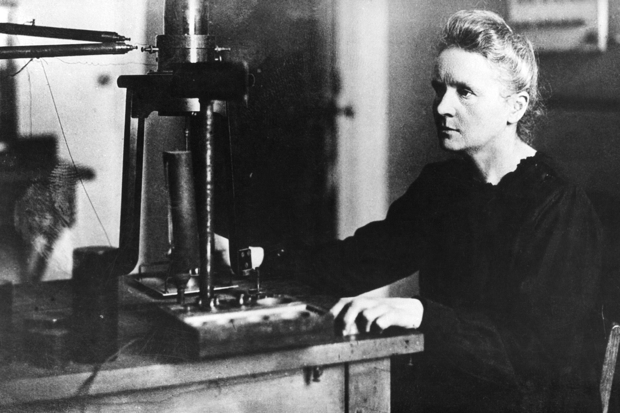George Osborne’s speech to the Open Europe conference this morning was billed as the Chancellor taking a tough guy stance with European leaders, demanding that they reform or see their project crumble. It sounded, from the overnight briefings, as though Osborne was trying to cheer up his backbenchers during their current round of banging on about Europe as much as he was trying to make the case for European reform. But when he delivered the full address, it had as much pro-European thinking in it as it did threats. Osborne was focusing on making the case for the whole of Europe to reform, for Europe to create better conditions for and to not discriminate against non-eurozone members, and for Britain’s continued membership of the European Union. There was no sense of ‘Better Off Out’: this was a ‘Better Off Reformed and In’ speech.
Of course, it isn’t a surprise that the Conservative leadership is at odds with many backbenchers in its belief that it is worth renegotiating and reforming, rather than exit being the best option. And a briefing from the Fresh Start Group of MPs straight after the speech underlined that while there are many vocal Better Off Out-ers in the party, there’s also a sizeable group that agrees with Osborne’s prescription for Europe. Those MPs were optimistic not just that continued EU membership (in a reformed system) had the potential to be hugely beneficial to the UK, but that there was an appetite for reform from other European leaders too. Mark Garnier told the briefing that ‘the sense that I get… is that we all agree it is a bit of a bad marriage but actually we really do want to make it work’.
Osborne’s job, as much as anything else, was to convince those European politicians and officials present at this big conference that change wouldn’t just benefit the UK but the whole of Europe. He told the conference that: ‘Some on the continent like to assume this is just the UK pursuing its own self-interest, at the expense of the collective good. But it’s the opposite.’ His main threat was that Europe could get left behind in the ‘global race’ that we all know so well in this country. His central warning was about competitiveness:
‘This is the continent that for centuries led the world in innovation and scientific discovery, enterprise and work ethic. Are we to say that the Europe that gave us Galileo, Darwin and Marie Curie, the industrial revolution, democracy and the free economy, has given up on the future because it is all too difficult? As a father of two young children, I don’t want to turn to them as we see the latest Chinese scientific breakthrough or Indian innovation and say: “that used to be us. That used to be Europe.”
‘The hard truth is that if we want to maintain our way of life in Europe we’ve got to get more competitive. And that’s going to require some tough steps: living within our means, making our labour markets competitive, expanding free trade. Most of the action needed will have to be taken at a domestic level. I’m not here to lecture other member states about that.’
And he tried to paint the UK as being as committed to central European principles by ‘taking an increasing number of cases to the ECJ’. But Osborne did also refer to a change in Britain’s relationship with the European Union, as well as reform of the EU itself, which is important as Europe-wide reform will only go so far. He said:
‘It is to change the EU and to change Britain’s relationship with it, and then to place the decision in the hands of the British people: do you want to stay in a reformed Europe, or would you prefer to leave?’
And the lines that really pleased the very eurosceptic backbenchers in the Conservative party were on treaty change. Osborne said ‘the European treaties are not fit for purpose. They didn’t anticipate a European Union where some countries would pursue dramatically deeper integration than others’. When I spoke to Bernard Jenkin, the ringleader of the latest troublesome letter, after the speech, he said:
‘The speech was healing. Good to hear him agree treaties are not fit for purpose.’
So job done: the Chancellor has taken another step towards making the case for European reform. But even though it might be healing for now, as James said earlier this week, the party will soon start picking at the scab and demanding more details of what changes the government actually wants to make.
You can read the full text of the speech as delivered here.







Comments